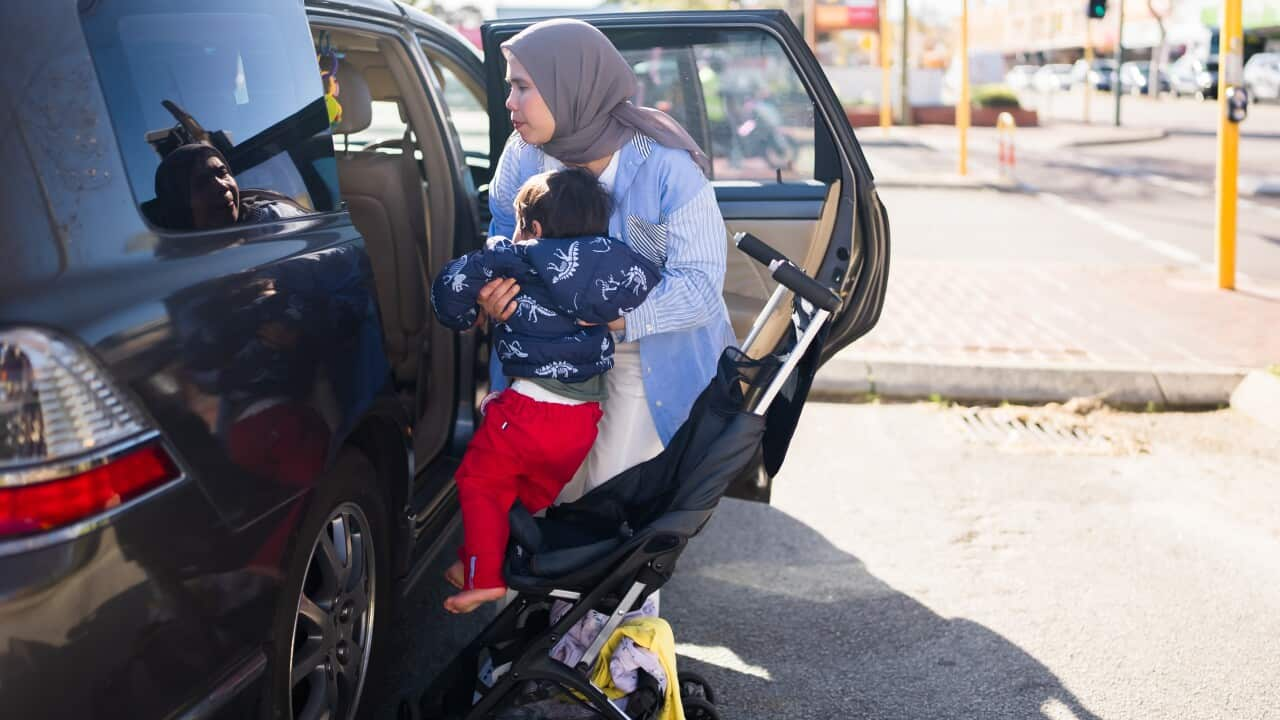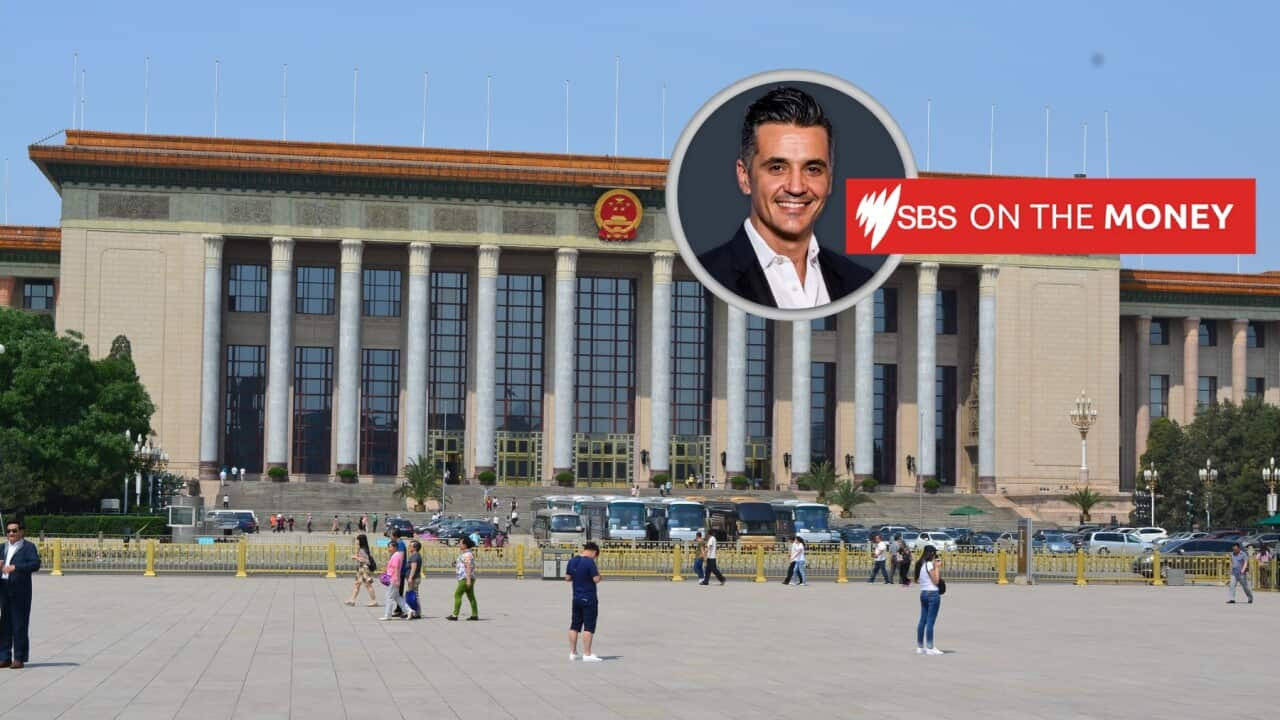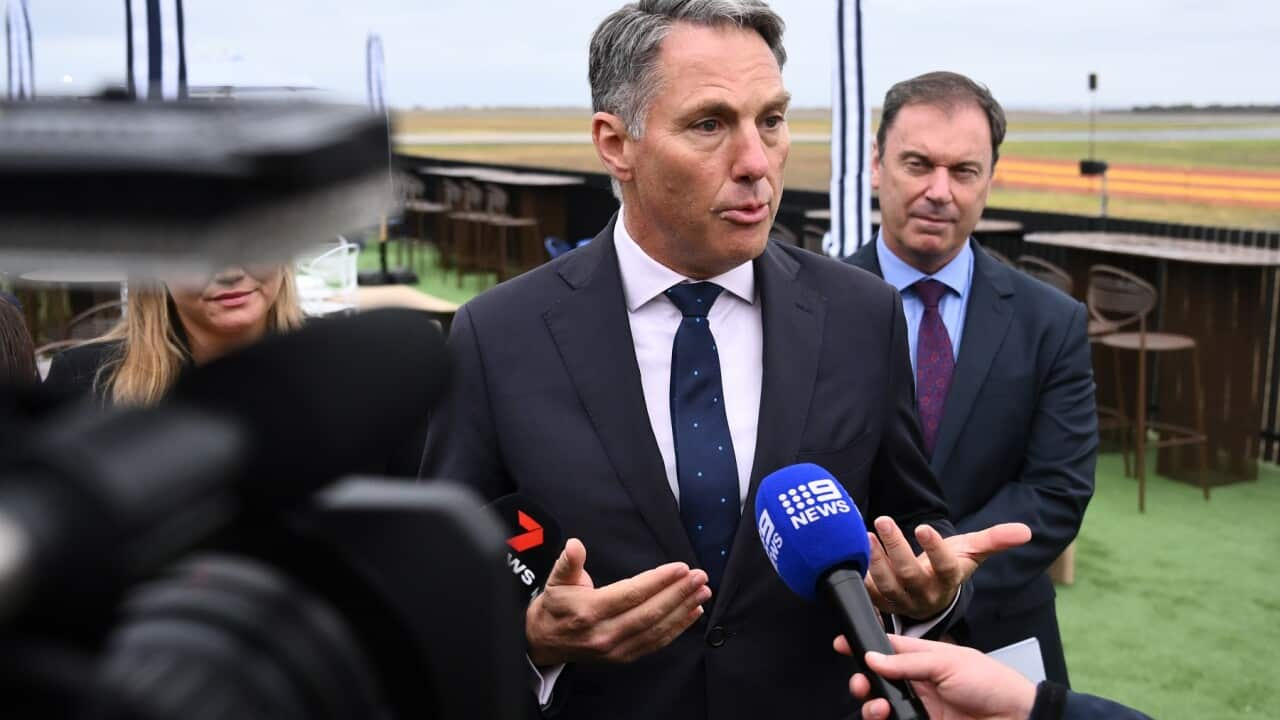TRANSCRIPT
A new Islamophobia Report has found a serious rise in incidents between January 2023 and November last year.
Compiled by researchers at Monash and Deakin universities in Australia, the report found there were 309 confirmed in-person or “offline” incidents of Islamophobia reported to the Register.
This is more than double the number of incidents identified in all previous Register reports.
That represents a more-than-150 per cent increase from the previous reporting period, and is the largest spike in Islamophobia incidents since the report began in 2014.
The Report's fifth edition found Muslim women and girls were targeted in 60 per cent of physical assaults, 79 per cent of verbal assaults and all spitting incidents.
Almost all of those of which were committed by men.
The data was collated from hundreds of reports made to the Islamophobia Register in the country.
Researchers also studied 18,000 social media posts shared on X, formerly known as Twitter.
Dr Susan Carland is the Lead Researcher of the Islamophobia in Australia report.
She says Muslim women and girls make up 75 per cent of victims that report to the register.
“Unfortunately that's been the case since we've started doing these reports back in 2014. This is a consistent pattern that Muslim women and girls are over represented as victims of Islamophobia.”
A quarter of all incidents recorded in the study account for abuses against people who visibly represented pro-Palestine sentiment, following the Hamas-led attack on Israel in October 2023.
She shares some of the reasons Muslim women are subjected to Islamophobia.
“Often Muslim women are visible, they wear a hijab like I do so they stand out. But we don't think that's the full story. First of all, because Muslim men and boys will report to us that they were victims of Islamophobia based on their appearance as well, because they wear robes, prayer caps, they had beards, and they were referenced when people were attacking them so we know Muslim men can be visible as well.”
And she discusses the gender stereotypes at play.
“What we think is also at play is that the unfortunate gender stereotypes about Muslim women, so the stereotypes between Muslim women and girls are that they are submissive, they are docile, that they are oppressed and that seems to create something of that ideally victim in the mind of the perpetrator especially when you compare it to the stereotypes of Muslim men which that they are violent, domineering, controlling. The perpetrator seems to be looking for the easy target so the Islamophobic attitude that exists about Muslim women, that actually makes them the victim of Islamophobia as well.”
About half of the recorded incidents of Islamophobia happened in New South Wales, home to the largest population of Muslim Australians.
“Muslim women are having their hijabs pulled off and spat on. Muslim school children are being targeted. One particularly awful incident was someone called a Muslim school and said they were coming to the school with a knife to specifically target the school girls that wore a hijab. The police had to shut down the roads for that incident. And when we talk about the verbal abuse, we might think, 'Oh, how bad can it be?' Those nearly 200 verbal insults included threats of murder and rape. These are really distressing things that were being said to people.”
But the report shows that many of these incidents were not reported to the police.
Dr Carland, who was one of the authors for the report from Monash University says one of the concerning things that came out of the report was that victims didn't want to report elsewhere.
“We would say to them let us help you. We can help you report to the police, we can even report on your behalf, we can give you free legal advice. We can report to the Australian Human Rights Commission. The vast majority did not want to report elsewhere, less than 20 per cent were willing to report to the police. And when we asked them why the majority answer was what's the point, they don't care and nothing will happen. That's really concerning because if we're not getting accurate statistics about how bad and how pervasive Islamophobia is, it's very hard to address.”
In a statement, a New South Wales Police spokesperson said the force takes hate crimes seriously, and encourages anyone who is the victim or witnesses of a hate crime should report the matter to police.
In the case of Bankstown Mayor Balil El-Hayek, police have charged a 53-year-old south western Sydney man over alleged threatening comments made on TikTok.
It comes as last month Mr El-Hayek posted a video on TikTok marking the opening of a new Islamic school.
A few days later he noticed a comment that was an alleged violent threat against the school.
He says despite being relieved that action was taken, he knows there's a lot more than this one person making these types of comments.
“As a country we're much better than that, there's a lot of - I mean I go through a lot of hate speech. A lot of people send me a lot of things. I mean one day I received an email to say there's a bullet coming for my head so be careful and watch my back. It's disgusting, it has no place, it's un-Australian, it has no place in society. We live in the best country in the world, the most multicultural country in the world, and we need to make sure we keep it the best country in the world.”
The reported incidents include multiple physical assaults that caused hospitalisations, a bomb allegedly being left at someone's home, the desecration of a mosque, and graffiti calling for the killing of all Muslims.
Dr Carland says this issue needs to be urgently addressed.
“There is a problem that needs to be addressed at the moment, the statistics show us that. And the job is for all of us to come together to work towards this. This is not just a Muslim problem, this is an all of Australia problem.”
The authors of the report have put forward 28 recommendations which includes funding for psychological support for victims, education for the community and providing training on coping strategies.
The Executive Director of Islamophobia Register Australia, Nora Amath echoed similar sentiment.
“We always aspire to be an Australia that eliminates racism and address racism from the very structural to the very incidental and interpersonal on the ground but it really needs an all in society approach. We really implore the government to take these recommendations seriously - please give us a call, we would love to engage with you on the data and really have robust not just in terms of the reactive but also the preventative.”
She says ending racism will be good for everyone, not just Muslims.













